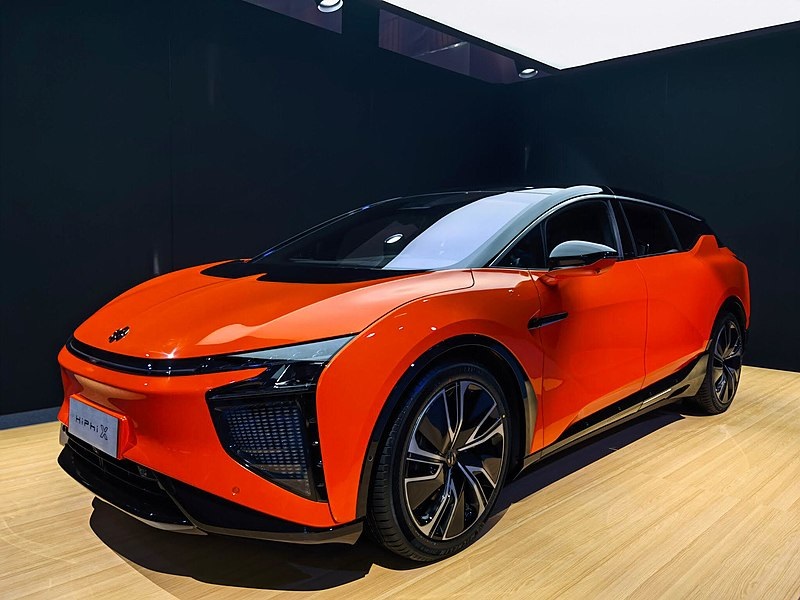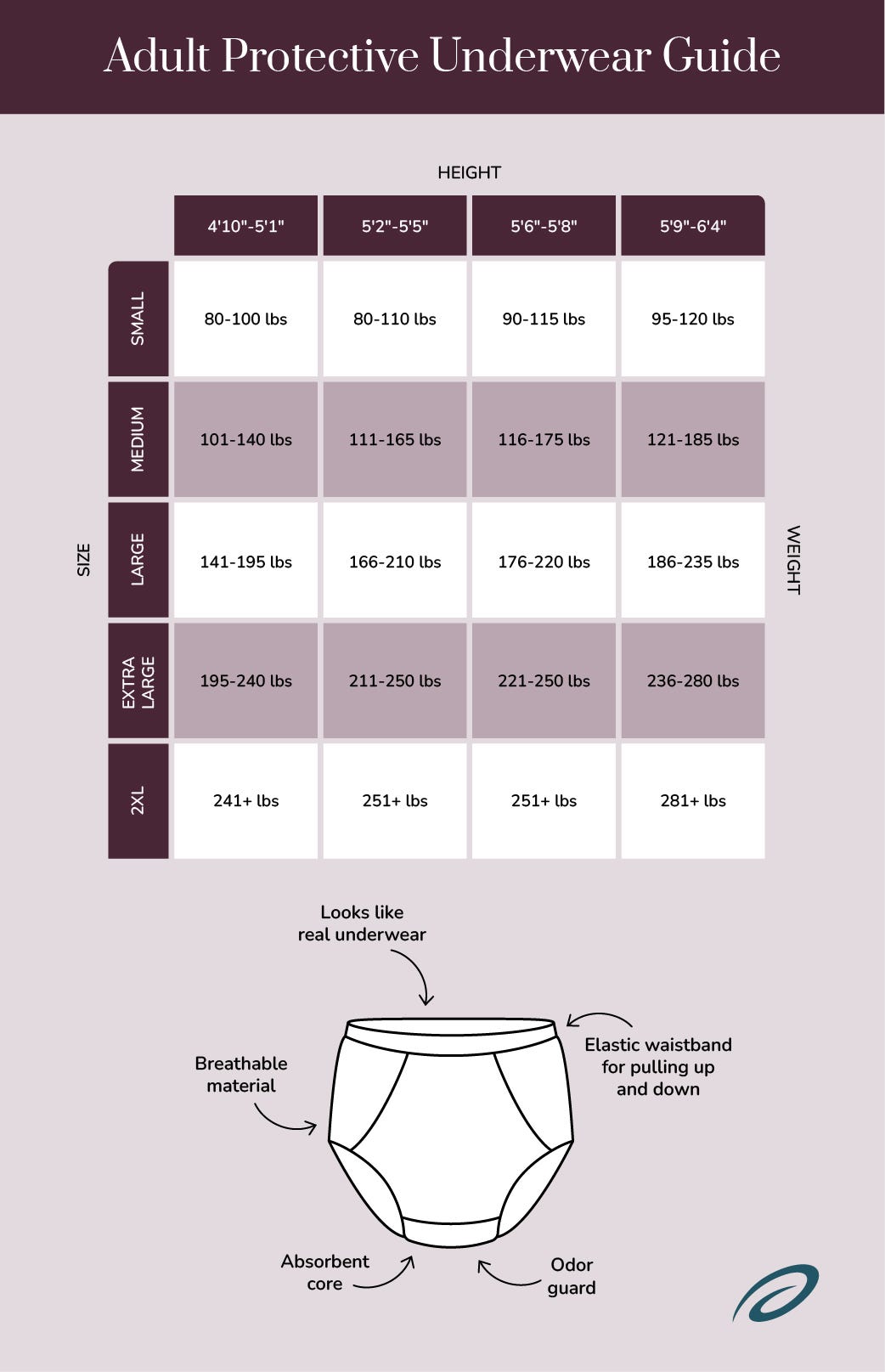Luxury Car Brands Face Headwinds In The Chinese Market

Table of Contents
The Rise of Domestic Luxury Brands
The emergence of strong domestic luxury car brands is a major factor reshaping the competitive landscape. Chinese automakers, such as Hongqi and the luxury line from BYD, are gaining significant market share. These brands leverage competitive pricing and features specifically designed to resonate with Chinese consumer preferences, posing a serious threat to established international players.
- Growing consumer nationalism: A rising sense of national pride is driving increased preference for domestic products, including automobiles. This trend is particularly strong among younger generations.
- Technological advancements: Domestic brands are rapidly innovating, incorporating cutting-edge technology and features often exceeding those of their international counterparts in specific areas.
- Government support: Significant government support and incentives are bolstering the growth of domestic automakers, providing them with a competitive edge. This includes subsidies, tax breaks, and favorable regulations.
Economic Slowdown and Shifting Consumer Sentiment
China's economic slowdown is undeniably impacting luxury goods consumption, including the luxury car market. Consumers are exhibiting more cautious spending habits, prioritizing essential needs over luxury purchases. This shift in consumer sentiment is forcing luxury brands to re-evaluate their strategies.
- Decreased consumer confidence: Economic uncertainty and reduced disposable income are leading to decreased consumer confidence and a reluctance to make large, discretionary purchases like luxury vehicles.
- Shift towards experiences: Many consumers are prioritizing experiences over material possessions, diverting spending towards travel, entertainment, and other forms of personal enrichment.
- Increased scrutiny: Luxury spending is facing increased scrutiny, with consumers becoming more discerning about brand image and value proposition. Price-to-value ratios are under greater scrutiny than ever before.
The Intensifying Competition and Price Wars
The Chinese luxury car market is becoming increasingly crowded, with both domestic and international brands vying for market share. This intense competition has ignited price wars, squeezing profit margins for many luxury car makers.
- Aggressive marketing: Brands are engaging in aggressive marketing strategies and promotional offers to attract price-sensitive consumers.
- Pressure to reduce prices: The competitive pressure is forcing many luxury car makers to reduce their prices, potentially undermining their brand image and premium positioning.
- Impact on brand perception: Sustained price wars can negatively impact brand perception, eroding the exclusivity and prestige often associated with luxury car brands.
Evolving Consumer Preferences and Technological Disruption
Chinese consumers are increasingly demanding electric vehicles (EVs) and technologically advanced features in their luxury cars. This necessitates significant adaptation from established luxury brands accustomed to prioritizing traditional internal combustion engine (ICE) vehicles.
- Growing demand for EVs: The demand for electric and hybrid vehicles is surging in China, driven by government regulations, environmental concerns, and technological advancements.
- Technological integration: Consumers expect seamless integration of advanced technologies such as autonomous driving features, sophisticated connectivity options, and advanced infotainment systems.
- Digital-first consumer: Luxury brands must adapt to a digital-first consumer, engaging with customers through online channels and leveraging digital marketing strategies.
Navigating Regulatory Hurdles and Government Policies
Government regulations and policies significantly impact the luxury car market in China. Import tariffs, environmental regulations, and emission standards pose challenges for both domestic and international brands.
- Carbon emission regulations: Stringent carbon emission regulations are pushing luxury car brands to accelerate their transition to electric and hybrid vehicles.
- Import/export procedures: Navigating complex import and export procedures and tariffs can be a significant hurdle for international luxury car brands.
- Government incentives for EVs: Government incentives are heavily skewed towards the adoption of electric vehicles, further intensifying the pressure on traditional luxury car manufacturers.
Charting a Course for Success in a Changing Market: Luxury Car Brands in the Chinese Market
Luxury car brands face a confluence of challenges in the Chinese market, including the rise of domestic competitors, economic slowdown, intensifying competition, evolving consumer preferences, and regulatory hurdles. Success hinges on adapting to these changing dynamics. Brands must prioritize understanding evolving Chinese consumer preferences, investing in electric vehicle technology, and navigating the complex regulatory landscape. To thrive in this dynamic market, a nuanced and agile approach is essential. Further research into the intricacies of the luxury car market in China, including ongoing policy changes and shifting consumer behaviors, is crucial for anyone seeking to understand the future of luxury car brands in the Chinese market. Stay updated on the latest industry trends impacting luxury car brands in the Chinese market to maintain a competitive edge.

Featured Posts
-
 Briefs Buying Guide Sizing Materials And More
May 23, 2025
Briefs Buying Guide Sizing Materials And More
May 23, 2025 -
 Vehicle Subsystem Failure Causes Blue Origin Launch Cancellation
May 23, 2025
Vehicle Subsystem Failure Causes Blue Origin Launch Cancellation
May 23, 2025 -
 100 Test Wickets Blessing Muzarabanis Ambitious Goal
May 23, 2025
100 Test Wickets Blessing Muzarabanis Ambitious Goal
May 23, 2025 -
 Rezultat Devastator In Liga Natiunilor Georgia Armenia 6 1
May 23, 2025
Rezultat Devastator In Liga Natiunilor Georgia Armenia 6 1
May 23, 2025 -
 Antonys Near Miss How He Almost Joined Manchester Uniteds Biggest Rivals
May 23, 2025
Antonys Near Miss How He Almost Joined Manchester Uniteds Biggest Rivals
May 23, 2025
Latest Posts
-
 Joe Jonas Addresses Couples Fight Involving Him
May 23, 2025
Joe Jonas Addresses Couples Fight Involving Him
May 23, 2025 -
 Joe Jonass Hilarious Response To Couples Fight Over Him
May 23, 2025
Joe Jonass Hilarious Response To Couples Fight Over Him
May 23, 2025 -
 The Jonas Brothers A Couples Unexpected Feud And Joes Reaction
May 23, 2025
The Jonas Brothers A Couples Unexpected Feud And Joes Reaction
May 23, 2025 -
 The Jonas Brothers Drama A Married Couples Unexpected Feud
May 23, 2025
The Jonas Brothers Drama A Married Couples Unexpected Feud
May 23, 2025 -
 Joe Jonas Responds To Couples Argument About Him
May 23, 2025
Joe Jonas Responds To Couples Argument About Him
May 23, 2025
